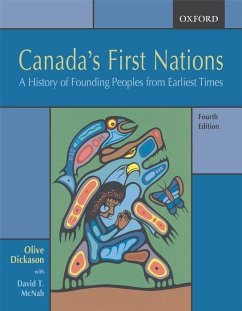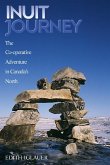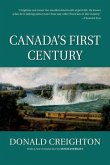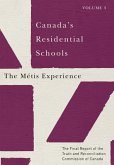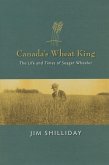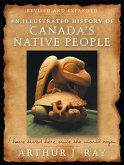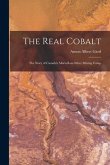Canada's First Nations uses an interdisciplinary approach-drawing on research in archaeology, anthropology, biology, sociology, political science, and history-to give an account of Canada's past. Olive Dickason's widely acclaimed history of Canada's founding peoples is augmented by David McNab's updates and in-depth examination of recent events, including the Ipperwash inquiry and global warming's effect on Innu of Canada's the north. This text describes how Canada's Aboriginal peoples were radically altered by the arrival of Europeans. They fought as allies beside the French and English during the battles of the eighteenth and nineteenth centuries; they were hunted to the point of extermination in Newfoundland; and their numbers were decimated by European diseases. In the nineteenth and early twentieth centuries Canada tried to legislate Aboriginal cultures out of existence, as the official assumption remained that assimilation would bring an end to any Indian 'Problem'.From Nescambiouit and Potiac, to Pound Maker, Abe Okpik, and Elijah Harper, Amerindians and Inuit have responded to persistent colonial pressure in various ways, including attempts at co-operation, episodes of resistances, and politically sophisticated efforts to preserve their territoriy and culture. The revitalization of today's Aboriginal communities-dramatically expressed by the Mohawk at Oka in 1990 and by members of the six nations in Caledonia in 2005-reminds us that accurate perception of the past is essential to a just shaping of Canada's future.
Hinweis: Dieser Artikel kann nur an eine deutsche Lieferadresse ausgeliefert werden.
Hinweis: Dieser Artikel kann nur an eine deutsche Lieferadresse ausgeliefert werden.

